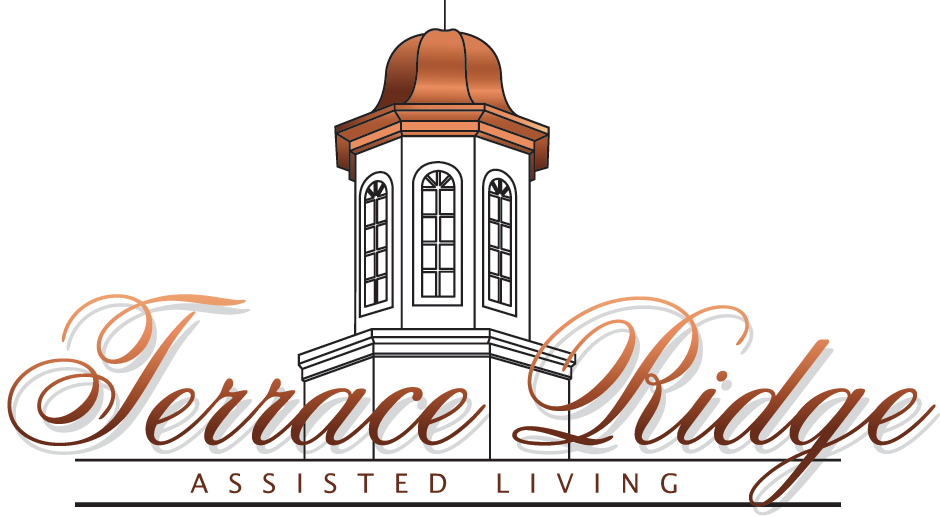Assisted Living – Who Does it Benefit?
Assisted Living – Who Does it Benefit?
Assisted living is a type of long-term care for individuals who need help with daily activities but do not require around-the-clock medical supervision. Assisted living facilities provide a safe, supportive and homelike environment, along with assistance with activities of daily living (ADLs) such as bathing, dressing, grooming, and medication management. Assisted living is designed for individuals who require more care and support than can be provided at home, but do not need the level of medical attention provided in a nursing home.
There are several groups of people who may need assisted living:
Seniors: As people age, they often need assistance with daily activities that they once easily performed on their own. An assisted living facility provides seniors with the care and assistance they need to maintain their independence and quality of life.
Individuals with chronic conditions: People with chronic conditions such as Parkinson’s disease, multiple sclerosis, or severe arthritis may need assistance with activities of daily living. An assisted living facility provides the necessary care and support to help these individuals maintain their independence and quality of life.
Individuals with dementia or Alzheimer’s disease: Dementia and Alzheimer’s disease can make it difficult for individuals to perform everyday activities and remember important tasks. An assisted living facility provides a supportive environment and the necessary memory care to help these individuals maintain their quality of life.
Individuals with disabilities: Individuals with disabilities may require assistance with daily activities and require support to maintain their independence. An assisted living facility provides the necessary care and support to help these individuals live fulfilling lives.
Individuals with limited mobility: Individuals who have limited mobility may require assistance with daily activities such as bathing, dressing, and grooming. An assisted living facility provides the necessary care and support to help these individuals maintain their independence.
Individuals who need respite care: Caregivers who are providing care for a loved one may need a break from their responsibilities from time to time. An assisted living facility provides respite care, giving caregivers time to take a break and recharge.
Individuals who are recovering from an illness or surgery: Individuals who are recovering from an illness or surgery may need assistance with daily activities and medical care. An assisted living facility provides the necessary care and support to help these individuals recover and regain their independence.
In conclusion, assisted living is a type of long-term care that is designed for individuals who need help with daily activities but do not require around-the-clock medical supervision. It is suitable for seniors, individuals with chronic conditions, individuals with dementia or Alzheimer’s disease, individuals with disabilities, individuals with limited mobility, individuals who need respite care, and individuals who are recovering from an illness or surgery. Assisted living facilities provide a safe, supportive, and homelike environment, along with assistance with activities of daily living and access to healthcare services.
Jurney’s Assisted Living offers a discerning residential environment for those who, for whatever reason, should not live alone, but do not require skilled nursing care. Here, residents can live as independently as they wish, with the calm assurance that help is always available, should they require assistance with their activities of daily living. Residents may range from being very independent to being physically and/or memory challenged. Contact us today to schedule a tour.

